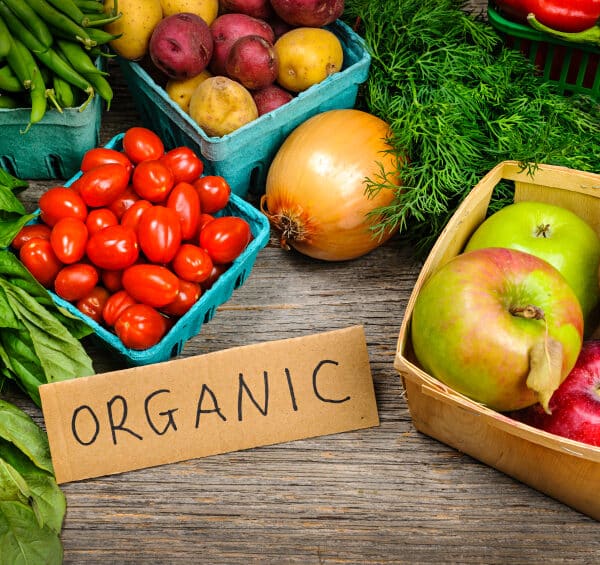
The review looked at 343 varied studies from around the world. The review considered a large number of studies, but as no consideration was given to study quality and there was some evidence of publication bias, any conclusions should be treated with caution.
Does different mean better?
The review found that there may indeed be some differences in the concentration of certain antioxidants in organic and conventional crops, but these are likely to lie within natural variation. The review however also showed lower protein and fibre in some organic crops. Different climate, soil types and crop varieties may account for some differences rather than organic farming methods, and the nutritional or health relevance is unclear.
Interestingly, plants may produce antioxidant compounds to fight back against pest attacks so the higher level reported may result from the lack of protection by pesticides in organic crops. Furthermore, whilst pesticide residues may be lower in organic crops, the levels reported in all crops, whether organic or conventional, were well below regulatory limits.
Should care caterers be changing to organic foods to improve the health of their users?
There is a strong relationship between eating fruit and vegetables and lower risk of certain chronic diseases, for example certain cancers, but there is currently insufficient evidence to suggest that the relatively modest differences in the level of some of these antioxidants and other plant compounds would have any consequence, good or bad, on public health.
What may be more important is whether you eat fruit and vegetables at all; the health benefits related to fruit and vegetable consumption do not distinguish between organic and conventional produce. The danger would be that as organic produce is more expensive, people may buy less whereas the message really is that we need to eat more.
People may choose to buy organic because of animal and environmental welfare concerns. On the basis of service users’ health alone though, this study does not suggest a switch to organic is necessary for care caterers, but including plenty of fruit and vegetables on the menu – organic or conventional – most certainly is!





